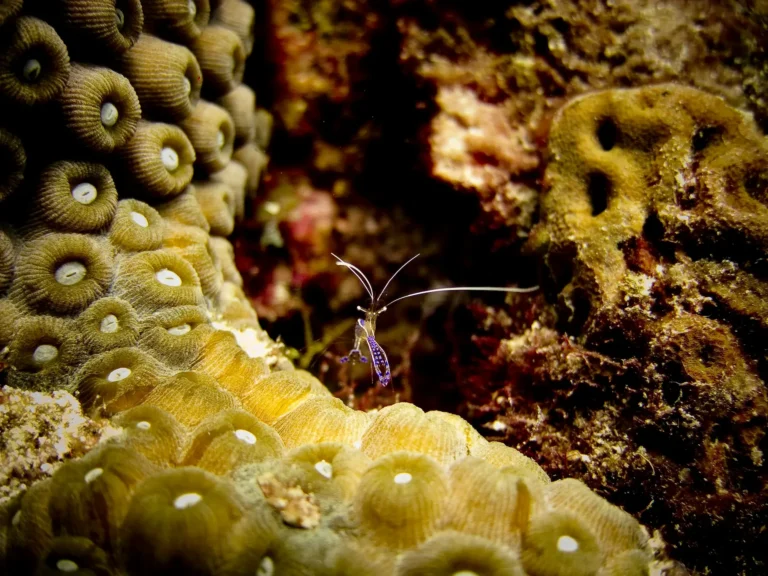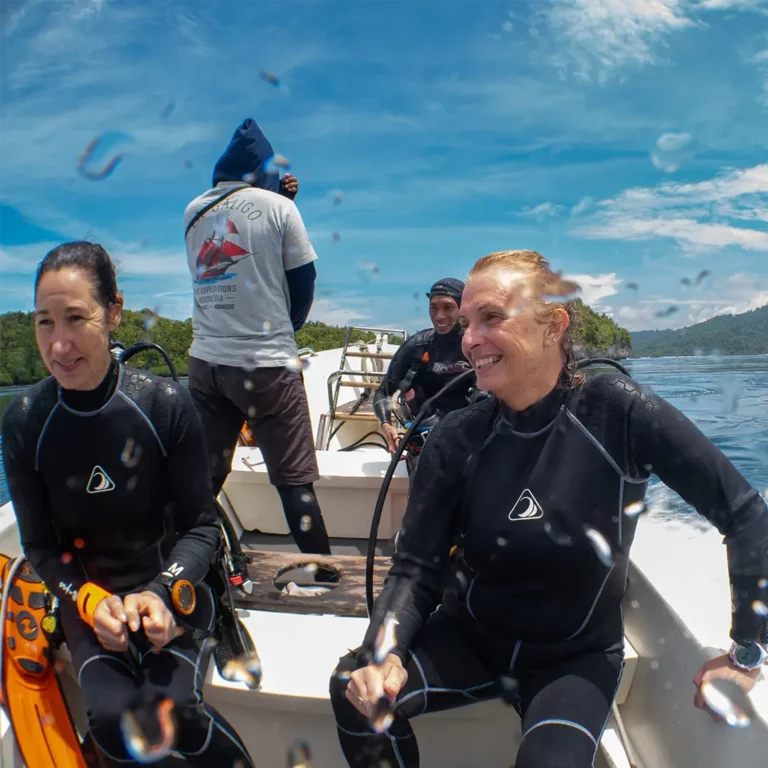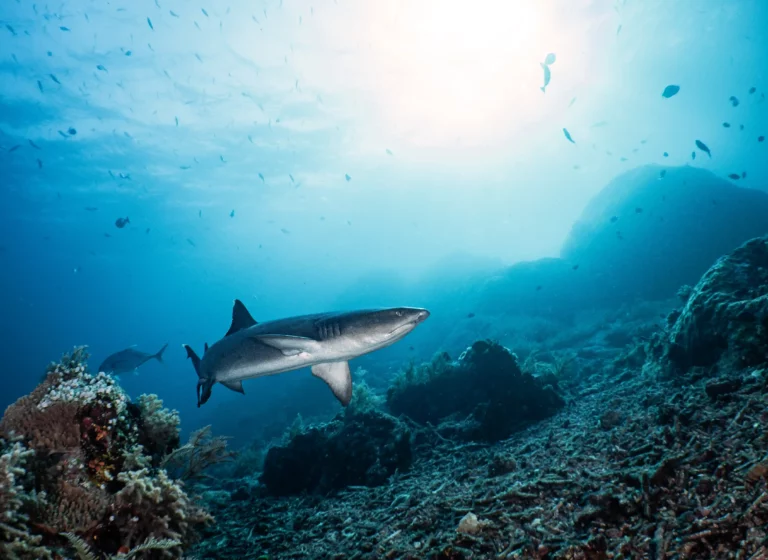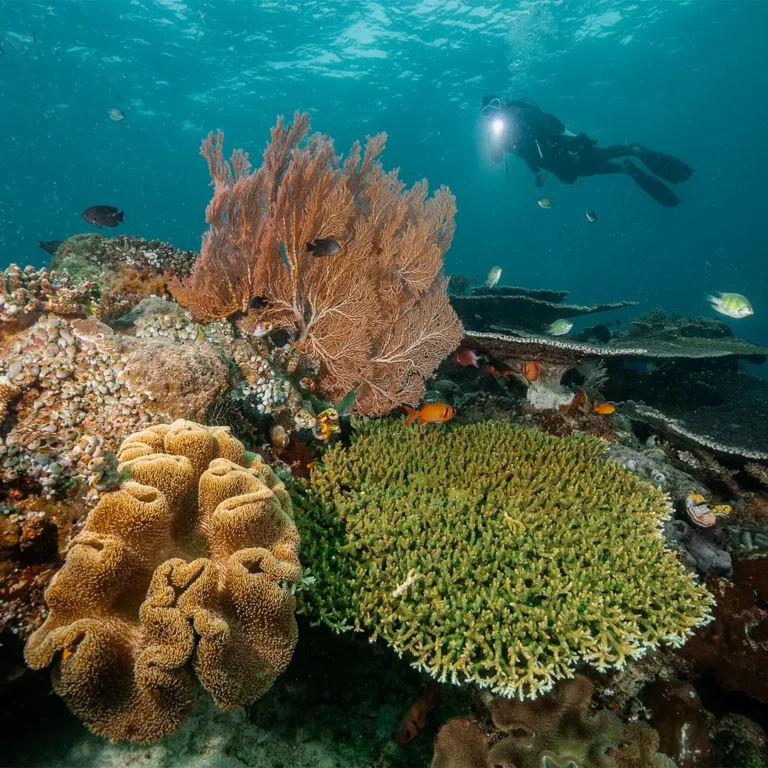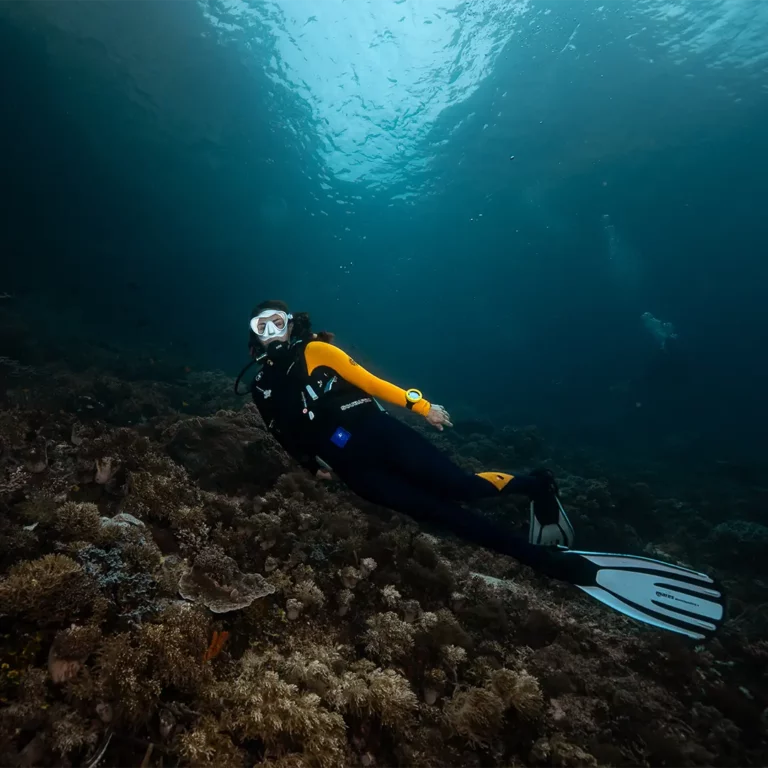Night diving can be an exhilarating and unique experience for those who are adventurous and want to explore the underwater world in a different light, quite literally. As the sun sets and darkness falls, the ocean transforms into a mysterious and captivating environment. However, night diving also comes with its own set of challenges and precautions that need to be taken into consideration.
Before embarking on a night dive, it is crucial to be well-prepared and well-informed. From understanding the potential risks associated with night diving to familiarising oneself with the necessary equipment and techniques, there are several essential factors to consider. In this article, we will delve into the important aspects of night diving, including what to know and how to prepare for this thrilling underwater adventure.
Understanding the Potential Risks
Night diving presents unique challenges such as limited visibility, disorientation, and the potential encounter with nocturnal marine life. It is important to understand these risks and be prepared to mitigate them for a safe and enjoyable experience.
Necessary Equipment and Techniques
Ensuring that you have the right gear for night diving is crucial. This includes a reliable dive light, backup lights, reflective surface markers, and a glow stick for emergencies. Additionally, mastering buoyancy control and communication techniques with your dive buddy are essential skills to practise before undertaking a night dive.
Mental Preparedness
Night diving can be an intense experience, and it’s important to mentally prepare for the unique environment and potential challenges it presents. This includes being comfortable with your equipment, maintaining spatial awareness, and staying calm in low-light situations.
Be Gear Savvy
Night diving can be an exhilarating experience, but it requires careful preparation and the right gear to ensure safety and enjoyment. Before embarking on a night dive, it’s important to double-check all your diving equipment and ensure that all lights, including primary and backup dive lights, are in good working condition. Additionally, it’s crucial to carry a signalling device such as a whistle or a surface marker buoy to alert your dive buddy or boat in case of an emergency.
In terms of personal gear, make sure to equip yourself with a high-quality dive mask that offers a wide field of vision and fits comfortably. A wetsuit appropriate for the water temperature of the dive site is essential, and it’s advisable to wear brightly coloured or reflective accessories to enhance visibility in the dark waters. Furthermore, consider wearing a hood to maintain body heat and protect your head from potential hazards.
Understanding the unique factors of night diving and being well-prepared will contribute to a safe and enjoyable experience underwater.
Brush Up On Compass Skills
If you’re planning a night dive, it’s essential to brush up on your compass skills. Navigating in the dark can be disorienting, so being proficient with your compass will help you maintain your bearings and stay on course during the dive. Practice using your compass in various conditions and familiarise yourself with underwater landmarks or points of reference that can aid in navigation. Additionally, consider utilising glow-in-the-dark or illuminated compasses for enhanced visibility during night dives. Sharpening your compass skills will add an extra layer of safety and confidence to your night diving adventures.
Practice Going Slowly
When diving at night, it’s important to practise moving slowly and deliberately. The darkness can make it harder to see potential hazards or obstacles, so taking your time and maintaining a controlled pace is crucial for safety. By moving slowly, you’ll also have the opportunity to observe the nocturnal marine life and appreciate the unique sights that come to life after dark.
In addition to physical preparation, mental readiness is also key for night diving. Take some time to mentally prepare for the different atmosphere and the sensory changes that come with diving in the dark. Keeping calm and focused will help you make the most of your night dive experience.
Dive with a Buddy
Diving with a buddy is always important, but it’s especially crucial for night dives. Having a dive buddy provides an extra layer of safety and support in case of emergencies or unexpected situations. Maintain close proximity and good communication with your dive buddy throughout the dive, and establish clear signals and a plan for staying together in low visibility conditions.
The right preparation, gear, skills, and mindset will ensure that your night diving adventures are not only safe but also incredibly rewarding. Enjoy the unique beauty of the underwater world after the sun sets.
Dive It During The Day
If you’re considering a night dive at a particular location, it’s a good idea to first dive it during the day. This will allow you to familiarise yourself with the underwater topography, potential hazards, and points of interest while visibility is optimal. Familiarising yourself with the dive site during the day can significantly enhance safety and confidence when you return for a night dive. Additionally, observing marine life during the day can give you an idea of the creatures you might encounter at night, adding to the anticipation and excitement of the nocturnal dive.
Conclusion
By understanding the risks, being equipped with the necessary tools and skills, and mentally preparing for the adventure, night diving can be an extraordinary and unforgettable experience.


